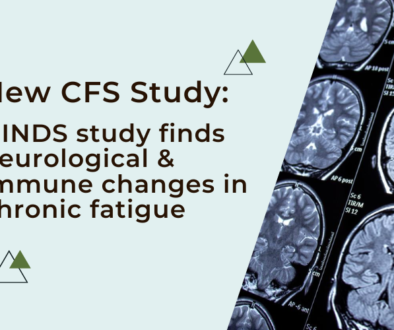Exploring a study into the effects of hypnosis on Chronic Fatigue Syndrome
This post summarises a research study into the effect of hypnosis on Chronic Fatigue Syndrome (CFS).
Chronic Fatigue Syndrome (CFS) remains unexplained, but it is characterized by post-exertional malaise – or extreme fatigue which comes on after a period of activity – along with a host of other debilitating symptoms, such as brain fog, impaired circulation, and insomnia.
Even though the extent to which psychology may impact CFS is still hotly disputed, many recovery testimonials mention managing to balance a dysregulated nervous system, so I think this is an avenue well worth further exploration. To add to this wider testimonial evidence of the effectiveness of techniques like hypnosis, I personally used hypnosis extensively in my own recovery from CFS.
The title of the paper I am summarising is : “Hypnosis in Chronic Fatigue Syndrome“, by Vernon H. Gregg, PhD, CPsychol.
The Methodology
The study employed an array of hypnotic techniques:
- Imagery and Progressive Relaxation: To induce a deep hypnotic state.
- Daily Diaries: Patients maintained daily records, tracking mood, vitality, and progress with introduced techniques.
- Posthypnotic Suggestions: Given for control, enhanced mental activity, and general well-being.
Results
Three case studies were included:
Case 1: A once-debilitated patient experienced increased activity and social interaction after just 10 weeks.
Case 2: Despite occasional relapses, another patient found surprising control over fatigue and even relief from joint pain.
Case 3: The third patient mentioned is now working full-time with an active social life.
Discussion
The study does not suggest to me that CFS is a psychological issue, but that hypnosis can contribute to a recovery to different extents. This could be through helping to modulate neurology, the immune system or the Autonomic Nervous System (ANS).




